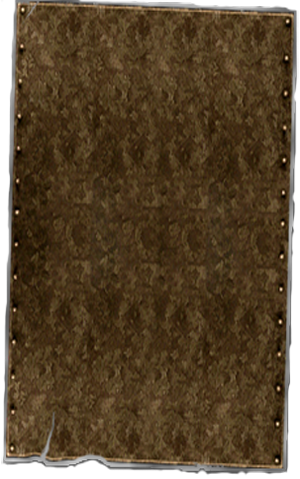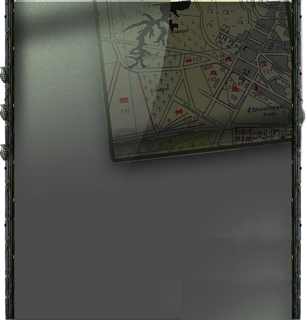







In CPT Warren's Telling War Stories project, cadets engage soldiers through
their narratives and collaborate with them on the creation of a story, using
the soldier’s experience and the cadet’s willingness to participate.
As the cadets connect with the soldiers, they learn from a reliable source
the stress of soldiering and have an opportunity to encourage and empower
their fellow soldiers to share these hardships with those eager to hear. By
such an engagement, cadets become better writers by understanding form and
style and better members of academia by realizing that writing is a social
process and not solely an individual effort. They learn by teaching—by
actively transforming the writing of another—and not only by soaking
in feedback concerning their own efforts at authorship.
Kenneth Bruffee’s (1999) Collaborative Learning:
Higher Education, Interdependence, and the Authority of Knowledge provided
the doctrine that illustrates
the value of the collaborative learning experience: "Collaborative learning
makes the Kuhnian assumption that knowledge is a consensus: it is something
people construct interdependently by talking together. Knowledge in that
sense, Kuhn says, is 'intrinsically the common property of a group or else
nothing at all'" (p. 134). As
a pedagogical technique, collaborative learning seeks to place the responsibility
of learning squarely upon the shoulders of the student with the teacher
acting less like a pillar of truth and more like a facilitator of self-learnable
knowledge. Due to the nature of online composition courses, much of the
learning responsibility naturally falls to each student. The online instructor
may provide the information and opportunities for the students to complete
assignments that help them learn. Ultimately, however, it is the collaboration
with others and the students' processing of the received information that
provide for situations in which new knowledge may be obtained.
The Telling War Stories service-project follows this collaborative learning model by encouraging cadets to understand their future career field by hearing from the soldiers they will one day lead (or officers they will follow). As cadets took the responsibility of peer evaluation by examining the drafts of the stories received from soldiers, they learned firsthand this Kuhnian concept of knowledge Bruffee endorsed.